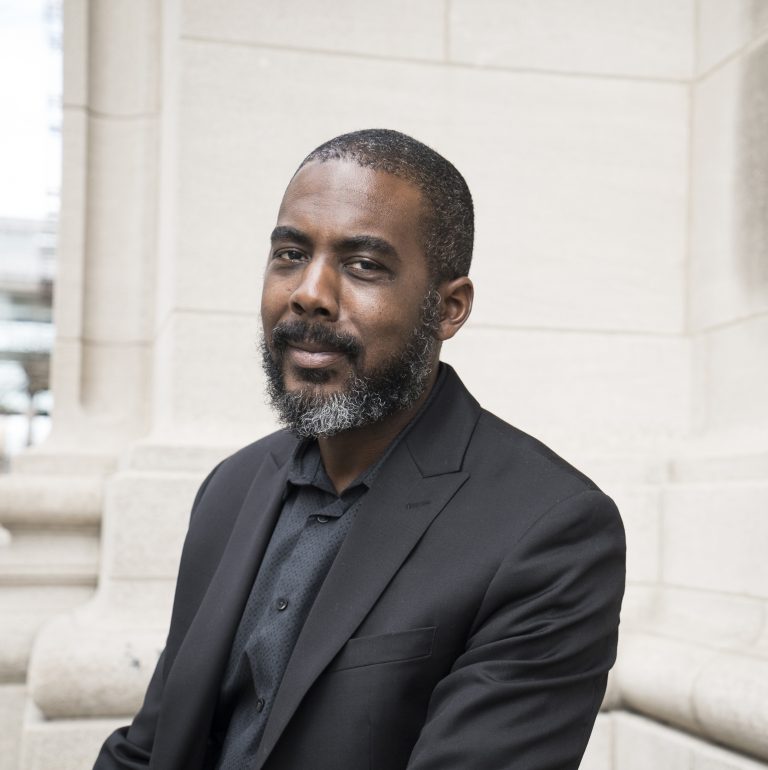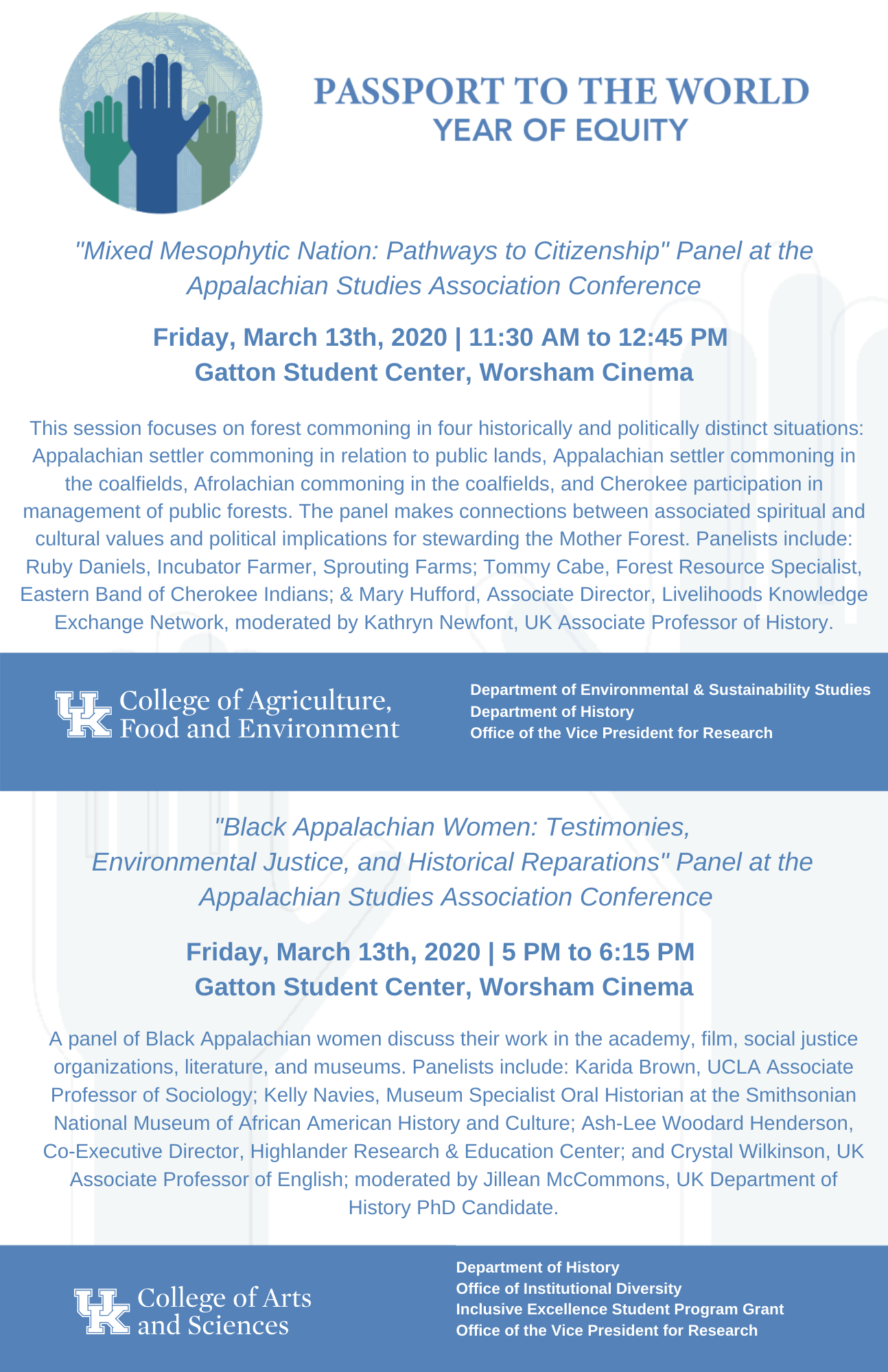Liberation movements have received very little scholarly attention. While much of this research has focused on comparative analyses, of the French, Russian and Chinese revolutionary movements there has been very little cross-national comparative research from an interdisciplinary perspective about movements for national liberation in the black diaspora. This interdisciplinary panel explores the historical, cultural and political dynamics of movements of national liberation in the black diaspora as they have emerged in the United States, Africa, and the Caribbean. The panel will highlight similarities and differences in the organizational structures, the political strategies, and how the historical legacy of these movements motivate and inspire contemporary political strategies of social movements like Black Live Matters.
Clinton Hutton is professor of Politics in the Department of Government at the University of the West Indies at Mona, Kingston, Jamaica. Dr. Hutton’s research focus on Jamaican oral history, Africana culture and religions, philosophy and popular culture. His primary interest has been the persistent legacy of African political philosophical thought and its influence on the world views of Afro-Caribbean people. His body of work is a major contributor to the fields of Caribbean political philosophy and to the study of the Haitian Revolution and the Morant Bay Rebellion. Dr. Hutton’s book entitled: The Logic and Historical Significance of the Haitian Revolution and the Cosmological Roots of Haitian Freedom (Arawak Publications, 2005) as well as his later book entitled: Colour for Colour, Skin for Skin: Marching with the Ancestral Spirits into War Oh at Morant Bay (Ian Randle Publishers, 2015), both examine the African philosophical race-based heritage that influenced the Haitian Revolution and the later Morant Bay Rebellion in Jamaica.
Francis Musoni is associate Professor of African History in the Department of History at the University of kentucky. Dr. Musoni’s research focuses on migrations and cross-border mobilities, borderland communities, refugees, ethnic identities and informal economies in Africa. Dr. Musoni is the author of “Contested Illegality: Border Jumping and the Control of Mobility across the Zimbabwe-South Africa Border (Indiana University Press). His current research focus on the biography of one the founding leaders of the Zimbabwe African National Union (ZANU), a nationalist movement that spearheaded the 1970s armed struggle for independence in Zimbabwe (Rhodesia). His research seeks to unpack the complex interplay of local, national, regional and global forces that shaped the struggles for liberation and democracy in Zimbabwe.
Ricky L. Jones is professor and Chair of the Pan-African Studies Department at the University of Louisville. Dr. Pack is the author of two editions of Black Haze: Violence, Sacrifice, and Manhood in Black Greek-Letter Fraternities ( SUNY Press, 2015), as well as the author of What’s Wrong with Obamamania?: Black America, Black Leadership, and the Death of Political Imagination (SUNY Press, 2008). Dr. Jones is the host of the award-winning "Ricky Jones Show" on The REAL 93.1 FM Louisville from iHeart Media.
Vanessa Holden is assistant professor of African American and Africana Studies History in the Department of History at the University of kentucky. Dr. Holden’s areas of research interest are the history of resistance and rebellion in the antebellum South.


